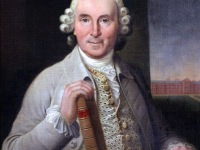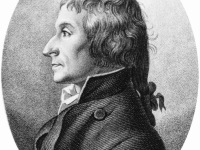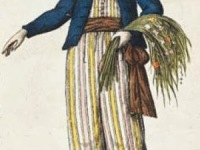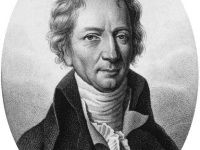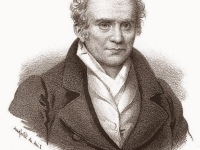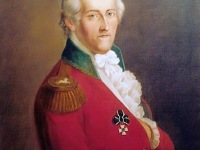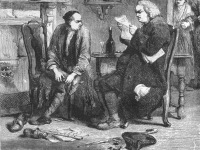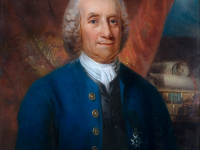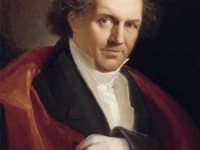How James Lind, a Pioneer of Clinical Trials, Developed a Cure for Scurvy
On October 4, 1714, Scottish physician James Lind was born. He was a pioneer of naval hygiene in the Royal Navy. By conducting the first ever clinical trial, he developed the theory that citrus fruits cured scurvy. His work advanced the practice of preventive medicine and improved nutrition. James Lind – Early Years James Lind was born in Edinburgh, Scotland, to Margaret (Smelum) and James Lind, a prosperous merchant whose wife had medical…
Read more

